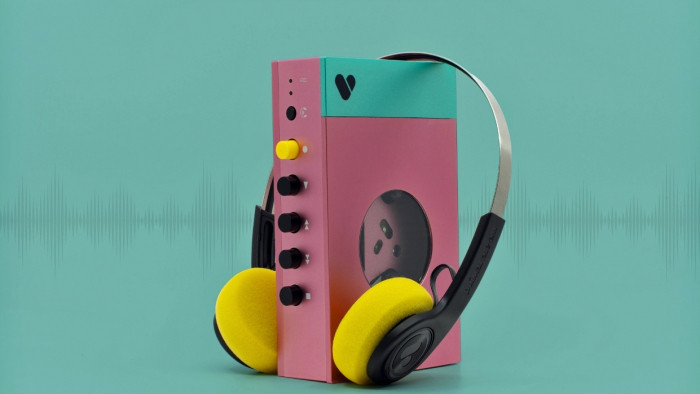If you get goosebumps from listening to music, then your brain might be special
Here's what it means


Do you have a song that always gives you chills? Do you sometimes get goosebumps during a particularly moving key change or perfectly hit high note? Well, it might mean your brain is special.
The scientific term for the sensation is ‘frisson’ – and not everyone gets it. A recent study by Matthew Sachs, a graduate student studying the effect of music on the brain at the University of Southern California, has found that people who experience frisson’s brains work differently to those who don’t.
He ran a small test of 20 students, 10 who said they got goosebumps from listening to music, and 10 who didn’t, and took brain scans of each of them. He found that the reaction is likely linked to surprise, and that those who experienced it had far more neural connections between their auditory cortex – emotional processing centers – and prefrontal cortex – involved in higher-order cognition such as breaking down music.
Essentially what this means is that people who experience frisson might have stronger and more intense emotions than those who don’t.
Sachs said of his study in Oxford Academic: “The idea being that more fibers and increased efficiency between two regions means that you have more efficient processing between them.”

Sachs now plans to continue his study, to try and understand more about the exact neurological processes which cause the reaction, as it’s not just the music itself which gives people goosebumps, it is often music which holds a particular importance to someone, and reminds them of a certain time in their life.
Other research has likened this pleasurable feeling to ones we experience when watching horror movies. It could be that high notes and key changes make our hairs stand on end because this is an evolutionary reaction to surprise – since they sound a little like crying, a signal we use for distress.
But when our brains realise that we are not in any kind of trouble, the feeling becomes enjoyable, rather than one associated with worry.
Sachs now believes that his findings could be used to treat mental illnesses such as depression.
“Depression causes an inability to experience pleasure of everyday things,” he says. “You could use music with a therapist to explore feelings.”
(Images: iStock / Rex)








